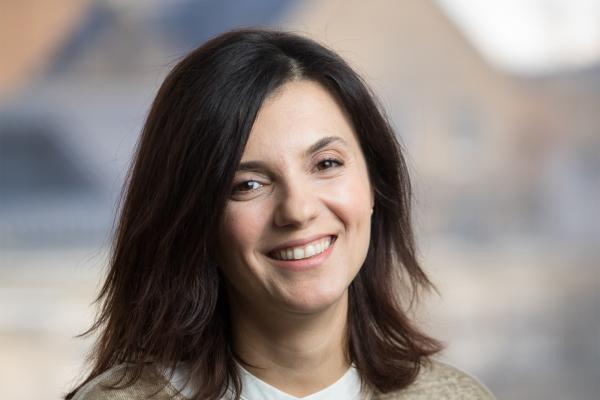
Title- Networks, Diffusion, and Inequality
Abstract- Prior work defines network externalities (where the value of a practice is a function of network alters that have already adopted the practice) as a mechanism exacerbating social inequality under the condition of homophily (where advantaged individuals poised to be primary adopters are socially connected to other advantaged individuals). This work does not consider consolidation (correlation between traits), a population parameter that is essential to network formation and diffusion. Using a computational model, we first show that prior findings linking homophily to segregated social ties and to differential diffusion outcomes are contingent on high levels of consolidation. Homophily, under low consolidation, is not sufficient to exacerbate existing differences in adoption probabilities across groups, and can even end up alleviating inter-group inequality by facilitating diffusion. We then apply this idea to the empirical case of Mexico-U.S. migration. We show that homophily and consolidation allow us to capture the structural constraints to diffusion, and explain why some newly-emerging migrant communities eventually come to surpass historic migrant regions in levels of migration.
